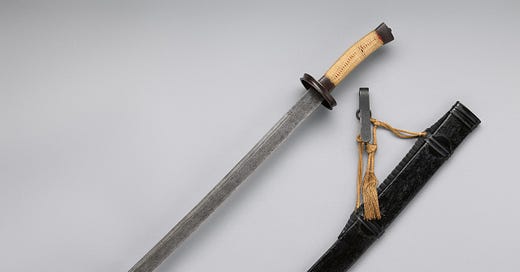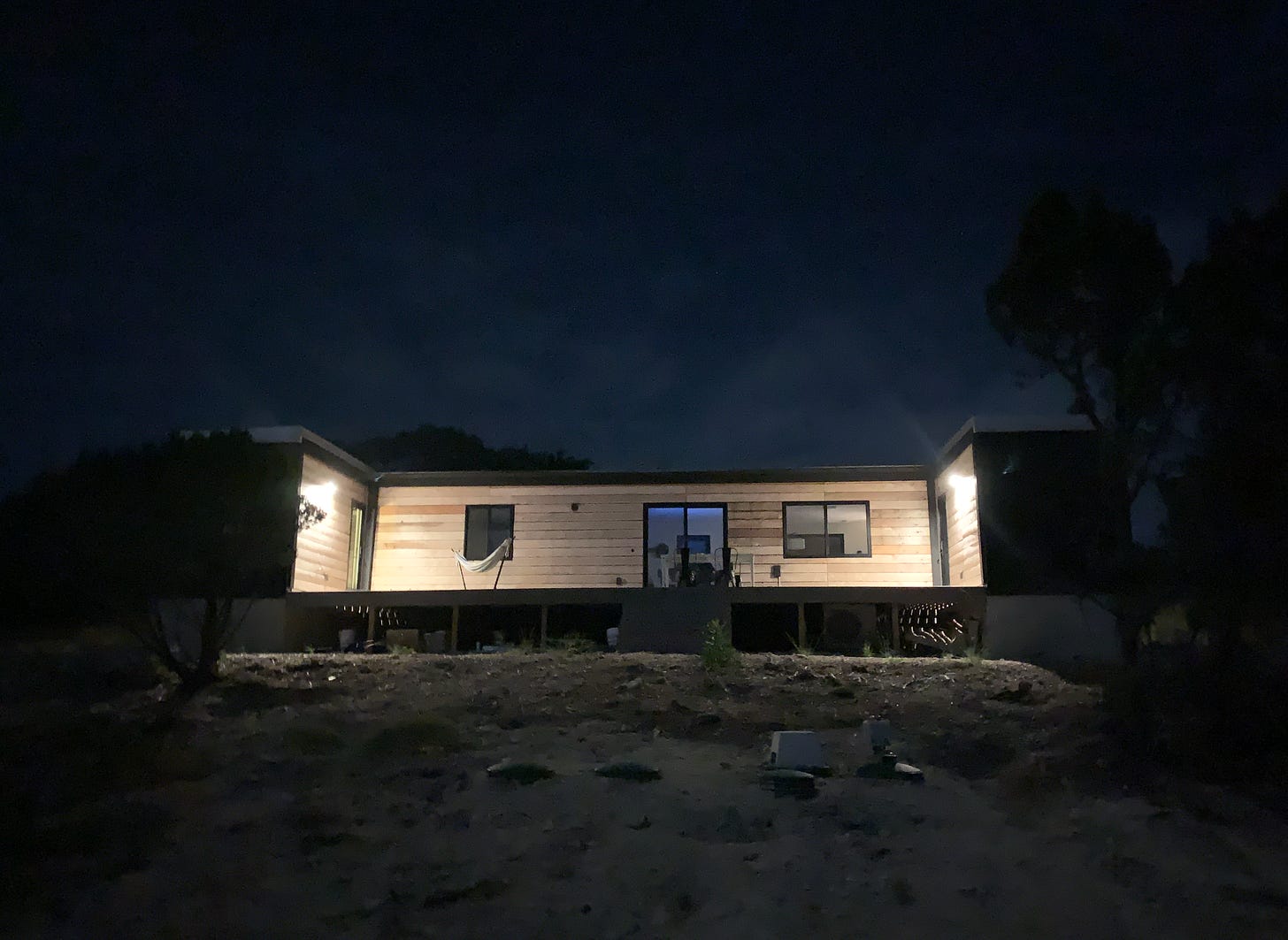Hello from Texas! I’m in the countryside near Austin for a month to work on my projects, mainly the Journal of Actually Well-Written Science (which I really enjoy calling JAWWS). It’s incredibly beautiful out here. I’m living in this cool cabin made of containers:
Keep reading with a 7-day free trial
Subscribe to Hopeful Monsters to keep reading this post and get 7 days of free access to the full post archives.





